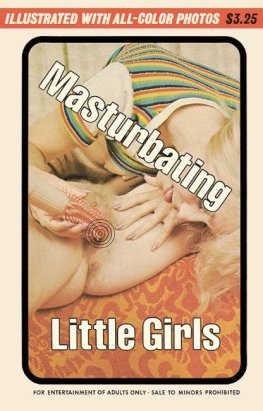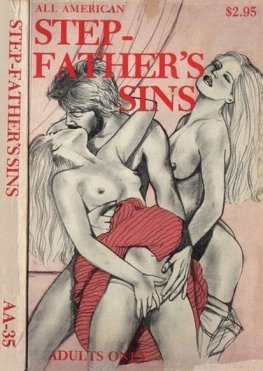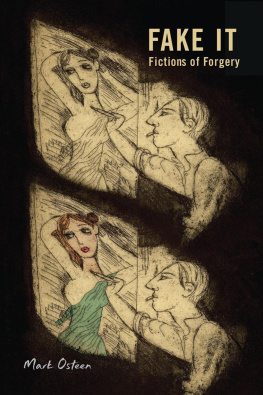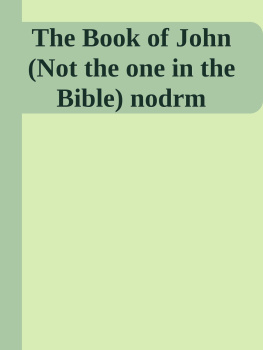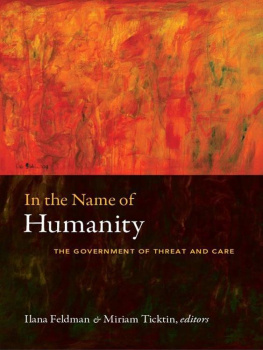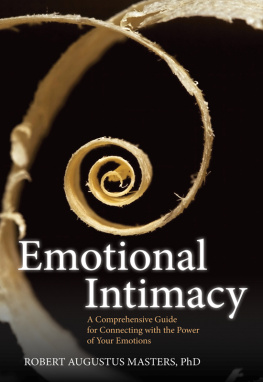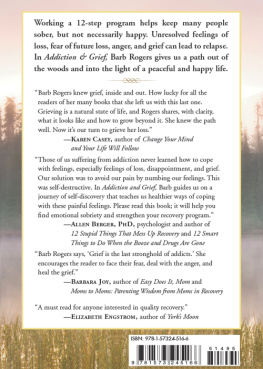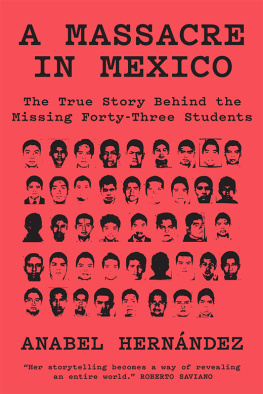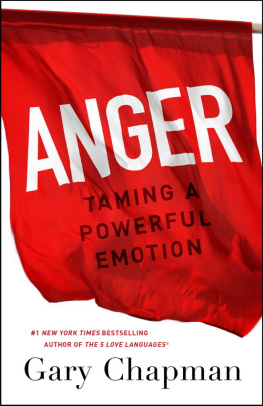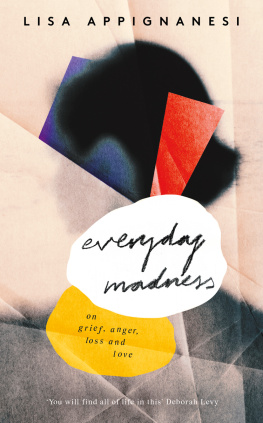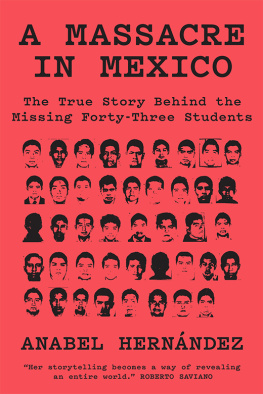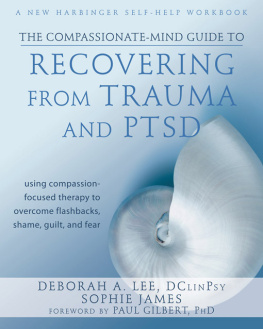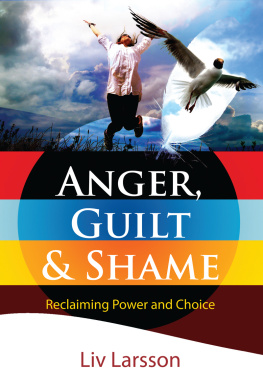IBERIAN AND LATIN AMERICAN STUDIES
The Tlatelolco Massacre, Mexico 1968, and the Emotional Triangle of Anger, Grief and Shame
Series Editors
Professor David George (Swansea University)
Professor Paul Garner (University of Leeds)
Editorial Board
David Frier (University of Leeds)
Lisa Shaw (University of Liverpool)
Gareth Walters (Swansea University)
Rob Stone (University of Birmingham)
David Gies (University of Virginia)
Catherine Davies (University of London)
Richard Cleminson (University of Leeds)
Duncan Wheeler (University of Leeds)
Jo Labanyi (New York University)
Roger Bartra (Universidad Nacional Autnoma de Mxico)
Other titles in the series
The Darkening Nation: Race, Neoliberalism and Crisis in Argentina
Ignacio Aguil
Catalan Culture: Experimentation, creative imagination and the relationship with Spain
Lloyd Hughes Davies, J. B. Hall and D. Gareth Walters
Catalan Cartoons: A Cultural and Political History
Rhiannon McGlade
Revolutionaries, Rebels and Robbers: The Golden Age of Banditry in Mexico, Latin America and the Chicano American southwest, 18501950
Pascale Baker
Teresa Margolles and the Aesthetics of Death
Julia Banwell
Galicia, A Sentimental Nation
Helena Miguelez-Carballeira
The Brazilian Road Movie
Sara Brandellero
The Spanish Civil War
Anindya Raychaudhuri
IBERIAN AND LATIN AMERICAN STUDIES
The Tlatelolco Massacre, Mexico 1968
and the Emotional Triangle of Anger, Grief and Shame: Discourses of Truth(s)
VICTORIA CARPENTER
Victoria Carpenter, 2018
All rights reserved. No part of this book may be reproduced in any material form (including photocopying or storing it in any medium by electronic means and whether or not transiently or incidentally to some other use of this publication) without the written permission of the copyright owner. Applications for the copyright owners written permission to reproduce any part of this publication should be addressed to the University of Wales Press, 10 Columbus Walk, Brigantine Place, Cardiff CF10 4UP.
www.uwp.co.uk
British Library CIP
A catalogue record for this book is available from the British Library.
ISBN 978-1-78683-280-1
e-ISBN 978-1-78683-282-5
The right of Victoria Carpenter to be identified as author of this work has been asserted in accordance with sections 77 and 79 of the Copyright, Designs and Patents Act 1988.
The publisher has no responsibility for the persistence or accuracy of URLs for any external or third-party internet websites referred to in this book, and does not guarantee that any content on such websites is, or will remain, accurate or appropriate.
Cover image: Detention of students at Tlatelolco, 2 October 1968. By permission, Rex Features, Shutterstock.
To Michael and Samantha, with love and gratitude

Over recent decades the traditional languages and literatures model in Spanish departments in universities in the United Kingdom has been superseded by a contextual, interdisciplinary and area studies approach to the study of the culture, history, society and politics of the Hispanic and Lusophone worlds categories that extend far beyond the confines of the Iberian Peninsula, not only in Latin America but also to Spanish-speaking and Lusophone Africa.
In response to these dynamic trends in research priorities and curriculum development, this series is designed to present both disciplinary and interdisciplinary research within the general field of Iberian and Latin American Studies, particularly studies that explore all aspects of Cultural Production (inter alia literature, film, music, dance, sport) in Spanish, Portuguese, Basque, Catalan, Galician and indigenous languages of Latin America. The series also aims to publish research in the History and Politics of the Hispanic and Lusophone worlds, at the level of both the region and the nation-state, as well as on Cultural Studies that explore the shifting terrains of gender, sexual, racial and postcolonial identities in those same regions.
I would like to thank the University of Wales Press for taking up this project and making it successful. Sarah Lewiss helpful advice and quick responses to my (sometimes frantic) emails helped this project come to fruition in time for the fiftieth anniversary of the massacre.
When this study was first conceived, Jon Beasley-Murrays work on posthegemony inspired me to follow a different path in structuring my book. A big thank you also goes to my students on the Advanced Spanish pathway (University of Derby, 20058), who were the sounding board for the initial glimpses of this study back in 2007; my thanks go to Jasmine, Dominic, Alicija, Troy, Danielle, Charles and others for their enthusiastic participation in the initial discussions which led to an unexpected turn in the course the study took. My PhD students Vanessa and Lakhbir bore the brunt of my theoretical ruminations and, hopefully, benefited from it as much as this project did (or more). My colleagues who shared my interest in all things hegemonic and posthegemonic Jill Hanson and Dave Lees were the source of new perspectives outside the familiar Latin American context.
I would also like to thank York St John University for supporting this project when I joined them in 2014. My fellow academics and research students have heard several presentations on various aspects of the project and shared my excitement (and occasional frustration) at writing retreats. Particular thanks go to Mandy Asghar, who urged me to continue and celebrated every success, no matter how small, along with me. Scott Cole, Mark Dransfield, Charlotte Haines-Lyon, Lorna Hamilton, Cath Heinemeyer, Liesl King, Becky Murads-Taylor and others attending day and over-night writing retreats inspired me to keep going.
I am grateful to my fellow Latin Americanists Peter Beardsell, Mel Boland, Cire Broderick, Chris Harris, Stephen Hart, Adam Sharman, Phil Swanson, Amit Thakkar and others, who asked unexpected questions at conferences and in personal meetings and welcomed equally unexpected answers. My friends in the Association of Hispanists of Great Britain and Ireland and the Latin American Literary Studies Association have watched the project take shape over many conference papers and discussions that followed.
Raphael Ingelbien has witnessed this project from conception to publication, offering light-hearted support and an occasional shoulder along the way. My mother Svetlanas encouragement kept me focused on the task at hand.


